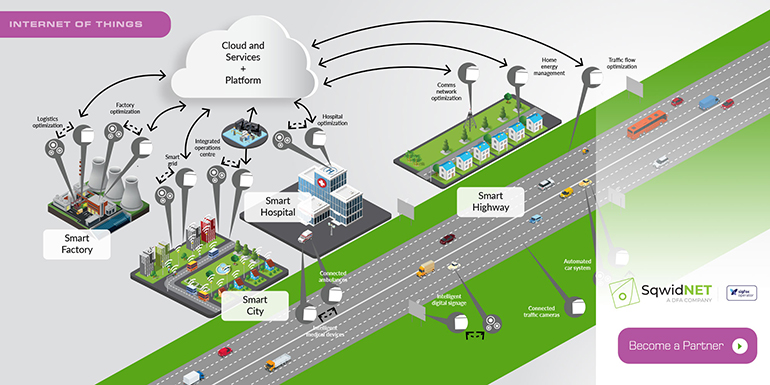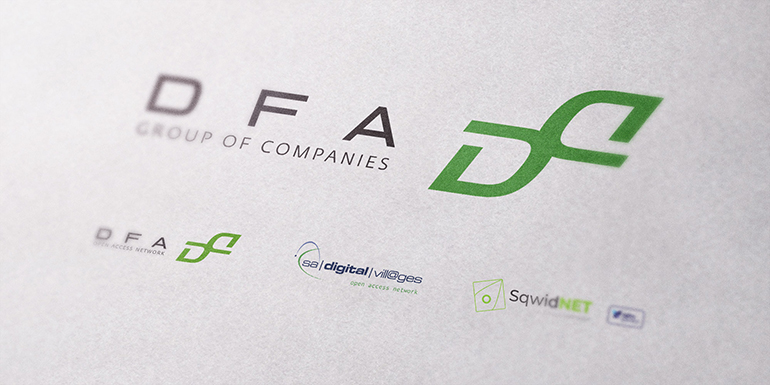Outsourcing and Managed Services
Developed over three decades, the MEF 3.0 Carrier Ethernet certification is considered the gold standard for carrier networks.
Business
DFA achieves Top Employer status
The company joins 1 691 companies in 120 countries globally, including only 97 local companies, which are recognised by the Top Employers Institute.
Business
DFA granted licence to operate in Zimbabwe
The open-access fibre-connectivity provider becomes the first telecommunications provider in 10 years to be granted an operating licence by Zimbabwe.
IOT
Op-ed: Energy and ICT sectors equally crucial for 4IR
As the ICT sector focuses on technology to facilitate 4IR, the energy sector must ensure that SA has the required power resources to sustain it, says Vino Govender, Executive for Strategy, Mergers and Acquisition, and Innovation for Dark Fibre Africa.




